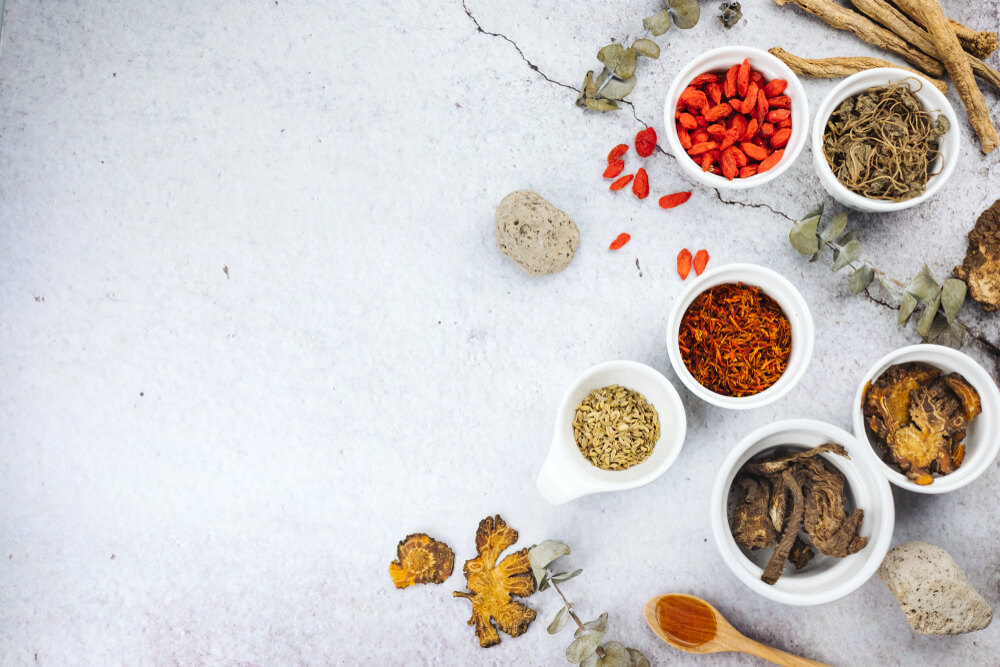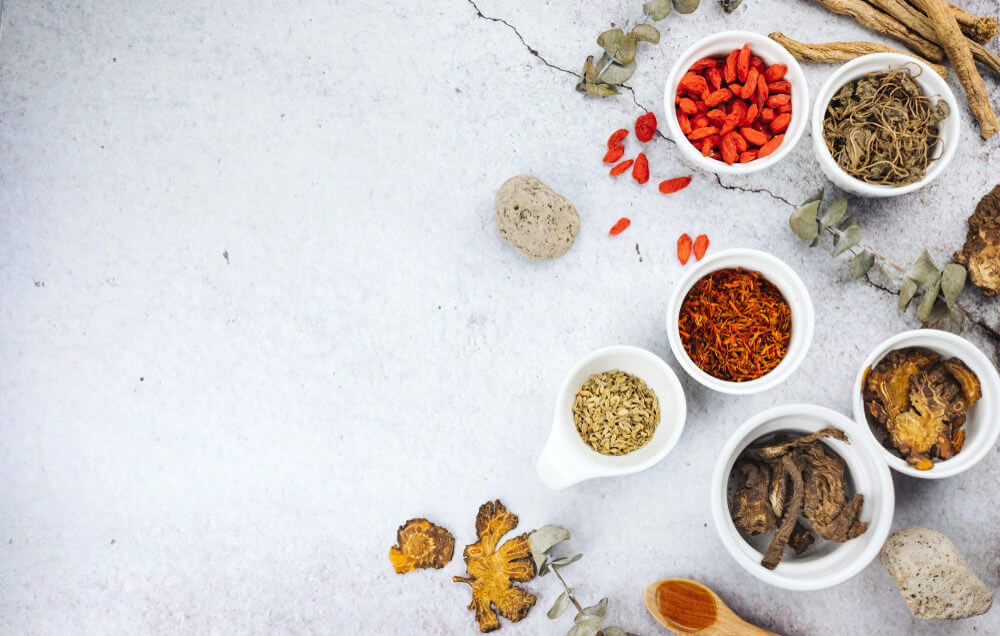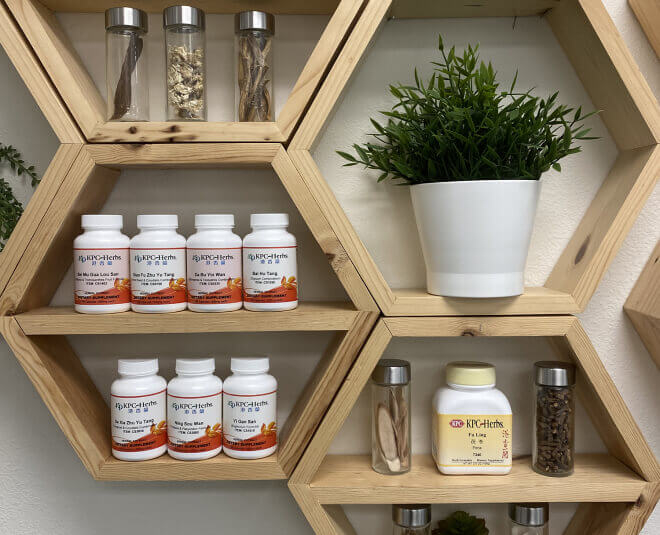 Quality matters.
Quality matters.
Quality matters to our customers, who trust that we provide safe and authentic herbal products they can confidently use in their practice.
Quality matters to their patients, who count on their TCM practitioners to provide effective herbal remedies that enhance their health and well-being.
Quality matters to our team, who take great pride in the products and services KPC provides and are committed to advancing the practice of Traditional Chinese Medicine globally.
For decades, KPC has been associated with the finest herbal supplements. We feel an obligation to our history, our traditions, and our reputation as a leader in the TCM industry to ensure that our products meet and exceed the highest quality standards. By offering the safest and most effective herbal products available, practitioners and patients can enjoy our supplements in complete confidence.
Learn more about our rigorous quality management system below.
It Starts With Responsible Sourcing
All of our raw materials are obtained from farmers and suppliers who abide by ethical and environmentally-conscious practices. We refuse to endanger at-risk species, purchase low-quality or contaminated herbs, or work with vendors who have a negative environmental impact. KP, our manufacturing headquarters in Taiwan, visits farms frequently to verify that they are in compliance with our comprehensive checklist of farming best practices. By maintaining close relationships with vendors who share our values, we protect our precious planet and ensure that the highest-quality formulas reach our customers.
Species Are Identified and Authenticated Before Processing
KP does not accept any raw materials that do not meet our uncompromising standards. Before any herb is processed, it undergoes a thorough verification process to determine its species, origin, and quality. KP uses the following methods of authentication:
- Visual inspection
- Microscopic analysis
- Physical/chemical identification
- Chemical fingerprinting
Our methodology blends ancient knowledge with modern technology. Our experts use traditional inspection methods to analyze an herb’s appearance, while our technicians employ state-of-the-art science and technology to make analytical assessments of the herb’s quality. This dual approach aims to prevent the use of inauthentic or unsafe herbs.
Quality Control Tests Are Routinely Executed
We take full responsibility for ensuring our herbs are free from harmful contaminants. All raw materials are subjected to a series of quality control tests to establish their safety and purity:
- Sulfur dioxide — the use of sulfur fumigation by farmers can jeopardize the quality and safety of herbal products
- Pesticide residuals — chemical pesticides and their by-products can be harmful to human health
- Aflatoxin — the Aspergillus flavus fungus produces four kinds of aflatoxins that are toxic and possibly carcinogenic
- Heavy metals — KP tests for the five heavy metals that pose the most serious risk to human health: lead, copper, cadmium, arsenic, and mercury
- Aristolochic acid — aristolochic acid is considered a carcinogen and has been linked to incidents of renal fibrosis and urinary tract cancer
KP discards any herbs that contain unacceptable levels of these substances.
A Certificate of Analysis Is Produced With Each Batch of Herbs
We provide a Certificate of Analysis (COA) with every batch of herbs we produce. The COA affirms the results of these quality tests and attests to the potency and purity of the product. Only batches that fulfill the ‘Golden Standard’ are packaged and distributed. The Golden Standard is a strict collection of safety standards from the United States, the European Union, Singapore, and Japan.
Our Manufacturing Facilities Comply With Rigorous International Standards
We are certified by one of the world’s most stringent and widely recognized pharmaceutical manufacturing standards, TGA PIC/S. The Therapeutic Goods Administration (TGA) is Australia’s regulatory authority for therapeutic goods. The Pharmaceutical Inspection Convention and Pharmaceutical Inspection Co-operation Scheme (jointly known as PIC/S) develop international standards between countries and pharmaceutical inspection authorities in the field of Good Manufacturing Practice (GMP).
These protocols regulate all aspects of a pharmaceutical manufacturer’s production facilities, equipment, personnel, and procedures to ensure that products produced in certified facilities meet exceedingly high safety, quality, and verification standards.
Our facilities also comply with the following International Organization for Standardization (ISO) protocols:
- ISO 9001
- ISO 17025
- ISO 22000 HACCP
We actively maintain our certifications and regularly submit to independent inspections to verify that our operations comply with the above standards.
We Strive For Consistent Innovation and Development
Our manufacturing process has been refined over more than 100 years. Though we are proud of our connections to the past, we are never afraid to evolve for the future. We continually evaluate new technology as it emerges and introduce new tools into our manufacturing operations when we believe they will deliver measurable benefits to our customers. We also carefully track the latest developments in methodology that help us use our technology to the fullest advantage. Continuously learning helps us guarantee that we deliver products our customers can trust.
Ensuring Batch-to-Batch Consistency for Five Generations
Quality means more than good health. It means consistency, transparency, and reliability. Always mindful of the profound impact our products can have on people’s lives, we make manufacturing decisions with the utmost care and integrity. Our commitment to quality in all aspects of our business has resulted in safe, high-quality herbal supplements that TCM practitioners and their patients have trusted since 1892. Contact our team to learn more.
________
*Please note: These statements have not been evaluated by the FDA. This article is not intended to suggest specific treatments for patients or that any supplements mentioned prevent or cure diseases or problems. Before taking any herbs, all patients should discuss their options with a licensed practitioner, including any other medications the patient is currently taking, as there may be contraindications between pharmaceuticals and herbs.

